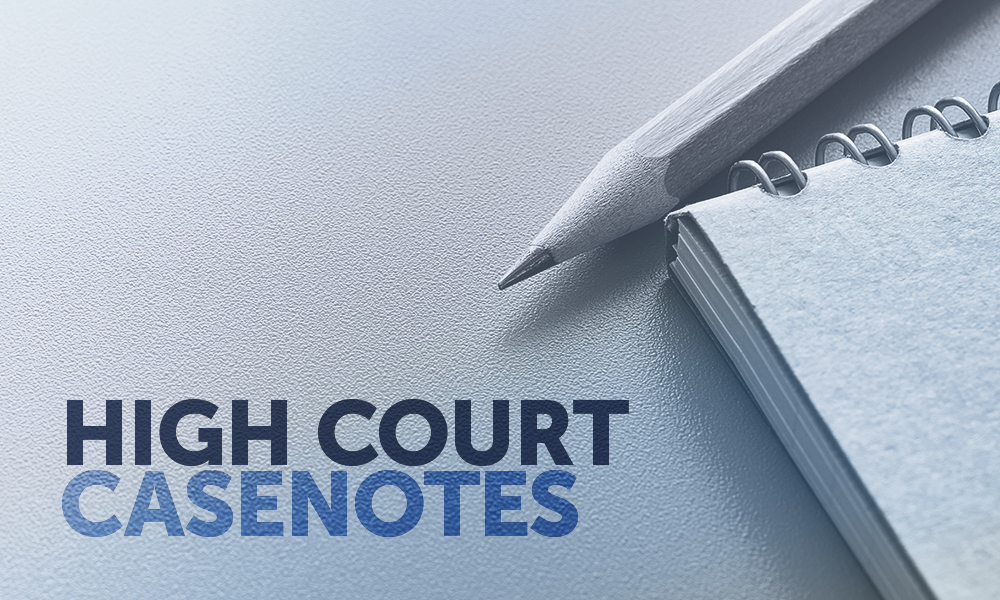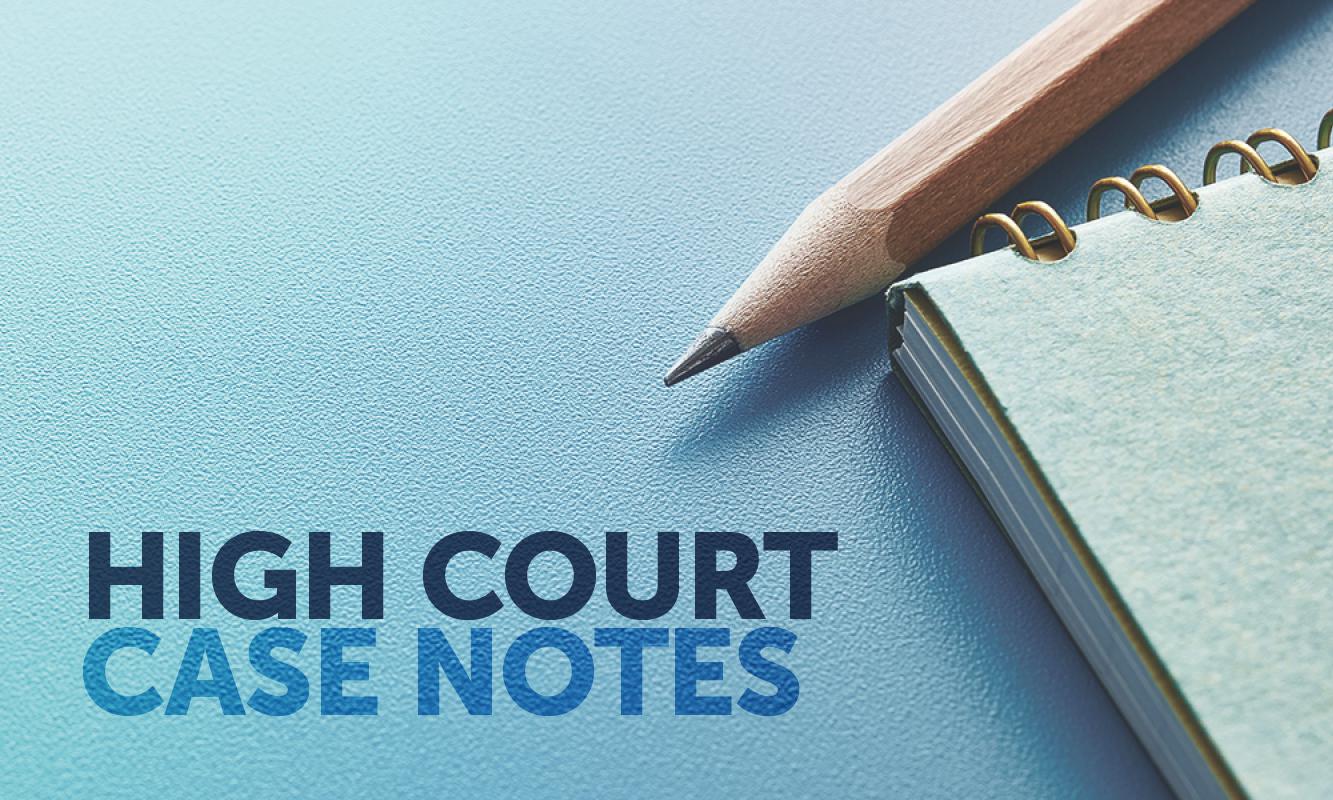In the High Court decision of Hobart International Airport Pty Ltd v Clarence City Council; Australia Pacific Airports (Launceston) Pty Ltd v Northern Midlands Council Pty Ltd [2022] HCA 5 (9 March 2022), the issue the High Court was required to determine was whether the dispute sought to be agitated by the respondents (councils) involved a ‘matter’ for the purposes of Chapter III of the Constitution.
The appellants (lessees) entered into long-term leases with the Commonwealth for the Hobart Airport and the Launceston Airport (airport sites). The airport sites are both on Commonwealth land and in areas administered by the councils.
The Commonwealth granted the leases pursuant to s22 of the Airports (Transitional) Act 1996 (Cth) (Transitional Act). The leases contain materially similar terms, including clause 26 which forms the basis of the dispute between the parties.
The insertion of clause 26 into the leases is consistent with the principle of ‘competitive neutrality’ embodied in the ‘Competition Principles Agreement’ between the Commonwealth and the states and territories. Clause 26 provides that if rates are not payable to the local council, because the airport site is on Commonwealth land, then the lessees must use “all reasonable endeavours” to enter into an agreement with the council – this would be to pay an amount equivalent to that which would have been payable as rates on those parts of the airport sites which are either sub-leased to tenants, or on which “trading or financial operations are undertaken”.
In 2014, the Valuer-General of Tasmania undertook a re-valuation of the airport sites. The outcome was a significant increase in the amount payable by the lessees to the councils under cl.26. Subsequently, the Commonwealth engaged an independent valuer to value the airport sites.
In 2016 the independent valuer provided a valuation report which was later revised in 2017. The Commonwealth told the lessees that it would consider the lessees compliant with their obligations under cl.26 if the lessees paid the councils on the basis of the revised valuation.
The councils then commenced proceedings in the Federal Court of Australia against both the Commonwealth and the lessees, seeking, among other things, declaratory relief pursuant to s21 of the Federal Court of Australia Act 1976 (Cth) as to the proper construction of cl.26.
The primary judge dismissed the councils’ applications on the basis that the councils lacked standing to obtain the declaratory relief sought. The councils successfully appealed to the Full Court of the Federal Court (Jagot, Kerr and Anderson JJ). By grant of special leave the lessees appealed to the High Court.
The High Court (Edelman and Steward JJ dissenting) dismissed the appeals. Kiefel CJ, Keane and Gordon JJ observed, at [26], that a “matter” has two elements:
- the subject matter itself (as defined by reference to the heads of jurisdiction set out in Chapter III of the Constitution)
- the nature of the dispute sufficient to give rise to a justiciable controversy.
Kiefel CJ et al found that the councils’ dispute satisfied both elements. Kiefel CJ et al considered, at [27], that the first element was satisfied because the leases owe their existence to a Commonwealth law (the Transitional Act).
In determining the second element (the existence of a justiciable controversy), Kiefel CJ et al considered, at [30], that the answer turned on whether the councils had standing to have the dispute determined and obtain the declarations sought.
Referring to the decision of the Full Court of the Federal Court in Aussie Airlines Pty Ltd v Australian Airlines Ltd (1996) 68 FCR 406, Kiefel CJ et al held that the councils did have standing to obtain declaration in respect of the proper construction of cl.26, even though the councils were not a party to the leases, because the councils had a “sufficient” and “real” interest in seeking declaratory relief.
Gageler and Gleeson JJ also found both elements of a matter to be present. And their Honours, at [74] citing Aussie Airlines, found that that the councils had an interest in declaratory relief that was “distinctive”, “substantial”, and aligned to the public interest sought to be advanced by cl.26.
In dissent, Edelman and Steward JJ agreed with the principles enuniciated by Kiefel CJ et al but, in applying those principles, concluded that there were no exceptional circumstances giving the council standing to seek declaratory relief.
Dr Michelle Sharpe is a Victorian barrister practising in general commercial, real property, disciplinary and regulatory law, 03 9225 8722, email msharpe@vicbar.com.au. The full version of these judgments can be found at austlii.edu.au.














Share this article